Our Postdocs
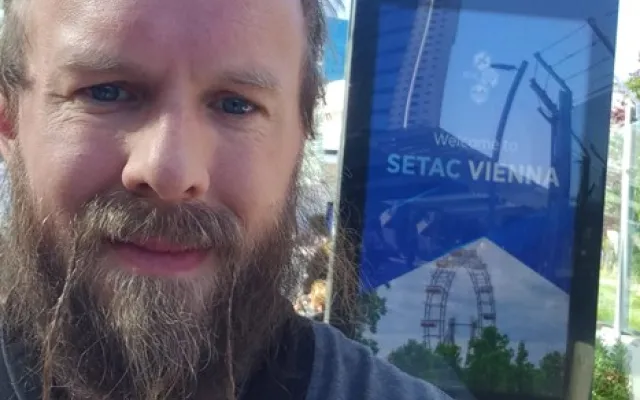
Dr. Andreas (Nils Mauritz) Eriksson
Dr. Eriksson is a postdoctoral fellow in the Wiseman group in the Biological Sciences department. Dr. Eriksson's research focuses on how anthropogenic pollution impacts and affects fish at multiple levels of biological organization; ranging from (gen)omic alterations to physiology, and behaviour.
Research Interests include: Environmental toxicology, (gen)omics, developmental toxicology, bioinformatics, biostatistics.
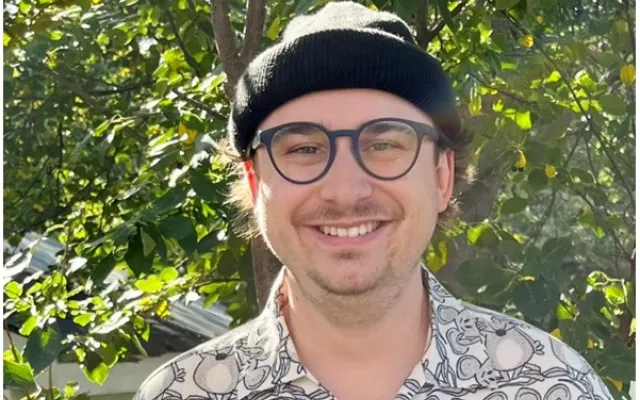
Dr. Jackson Ham
Dr. Jackson Ham is a Postdoctoral Fellow supported by the Alzheimer Society of Canada (ASC) Post-Doctoral Fellowship under the supervision of Dr. Rob McDonald at the Canadian Centre for Behavioural Neuroscience (CCBN) at the University of Lethbridge. Jackson’s work bridges neuroethology and behavioral neuroscience, exploring how the brain supports social behavior and how these interactions influence brain health, development, and disease.
Research Interests include: Neuroscience; Alzheimer Disease; Social neuroethology
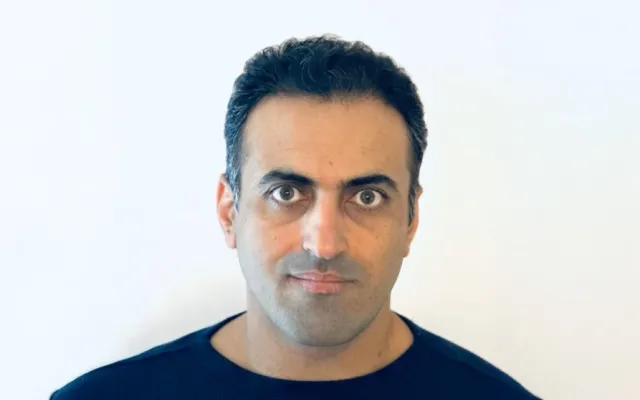
Dr. Esmaeel Ghasemi Gojani
Dr. Ghasemi Gojani is a Postdoctoral Fellow in the Department of Neuroscience in Dr. Sutherland’s lab. His current research explores the mechanistic impact of psychedelic microdosing on the progression of Alzheimer’s disease pathology.
Research interests include: molecular pathobiology of Alzheimer’s disease and the development of therapeutic interventions.
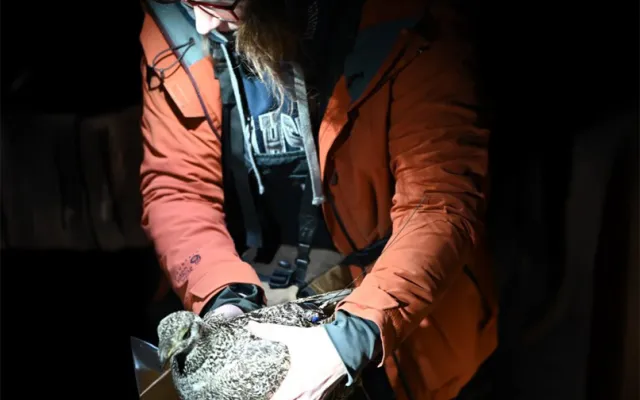
Dr. Melissa Chelak
Dr. Melissa Chelak is a Postdoctoral Fellow in the Burg Lab in the Department of Biological Sciences at the University of Lethbridge researching in collaboration with partners from the Alberta Environment & Protected Areas and Environment and Climate Change Canada. Dr. Chelak's research focuses on evaluating partners' wildlife management actions in preventing extirpation of Alberta's greater sage-grouse (Centrocercus urophasianus) population. Using movement ecology, demography, and landscape ecology, Dr. Chelak is aiding partners to assess the population-level responses of sage-grouse to habitat reclamation and predator management.
Research Interests include: Avian ecology (especially grouse); conservation translocations; movement ecology; wildlife population ecology
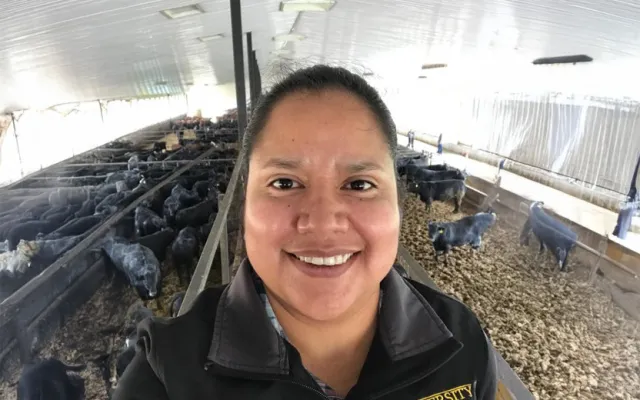
Dr. Paula Olivares Guzman
Dr. Olivares Guzmán is a Postdoctoral Fellow in the Canadian Centre for Behavioural Neuroscience (CCBN), collaborating with Dr. Rob Sutherland and Dr. Hardeep Ryait (CCBN), Dr. Joyce Van Donkersgoed (Dr. Joyce Van Donkersgoed Inc.), and Dr. Karen Schwartzkopf-Genswein (Agriculture and Agri-Food Canada). Her current Alberta Innovates– and Mitacs-funded project brings together behavioural science, AI, and app development to support early detection of lameness in beef cattle.
Research interests include: Beef cattle welfare and behaviour, with a particular emphasis on how emerging technologies and artificial intelligence can advance animal welfare and management practices.
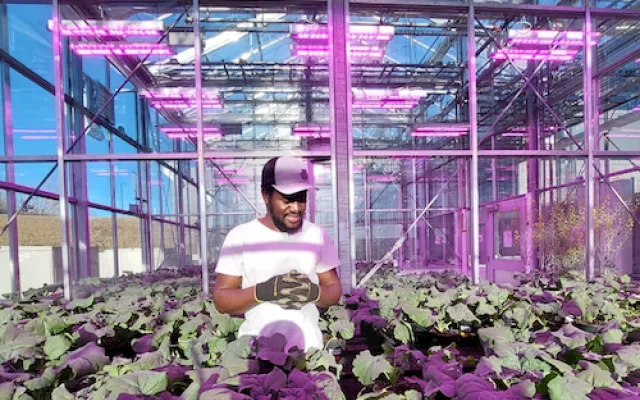
Dr. Foryuy Fairo Dzekashu
Dr. Fairo Dzekashu Foryuy is a postdoctoral researcher at the University of Lethbridge, in the research group led by Dr. Shelley Hoover in the Department of Biological Sciences. Their research project is funded by the Alberta Canola Producers Commission and Results Driven Agriculture Research (RDAR) under the Canola Agronomic Research Program (CARP).
His research investigates how heat and drought jointly influence canola-bee interactions and the development of innovative strategies to safeguard crop yields in extreme weather conditions using pollinators.
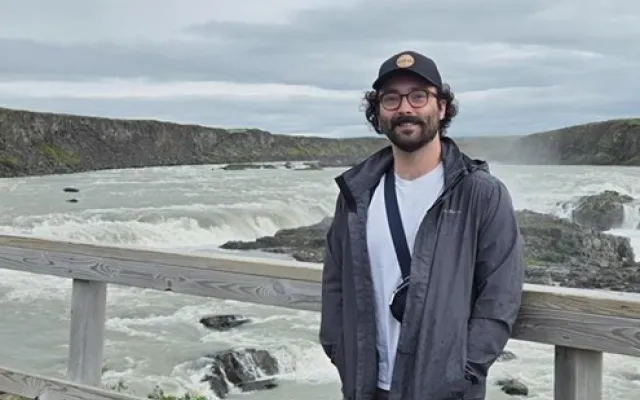
Dr. Austin Pounder
Dr. Pounder is an Alberta Innovates funded Postdoctoral Fellow in the Department of Chemistry & Biochemistry working with faculty supervisors, Dr. Stacey Wetmore and Dr. Jean-Denys Hamel. Dr. Pounder's research interests include: Computational (bio)organic chemistry.
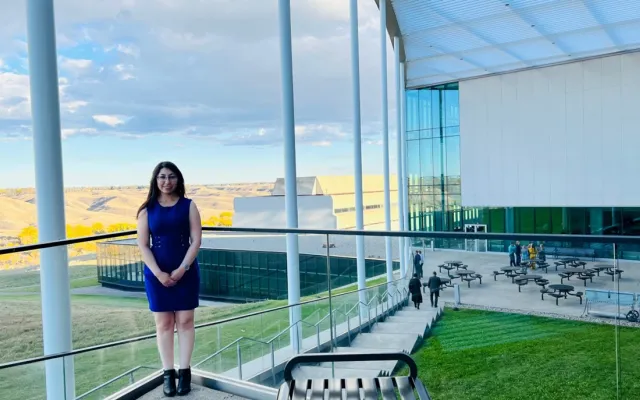
Dr. Behroo Mirza Agha
Dr. Behroo Mirza Agha is a Postdoctoral Fellow researching under the supervision of Dr. Rob McDonald at the Canadian Centre for Behavioural Neuroscience (CCBN) at the University of Lethbridge.
Research Interests include: sporadic Alzheimer’s disease

Dr. Shaylyn Kress
Dr. Kress is a Postdoctoral Fellow at the University of Lethbridge, collaborating with Dr. Ekstrand (Lethbridge) and Dr. Culham (Western). Her current postdoctoral research examines the emerging realm of digital neuroscience, investigating how perception and action in the brain operate when faced with virtual environments.
Research interests include: cognitive neuroscience, digital neuroscience, video games, neuroimaging
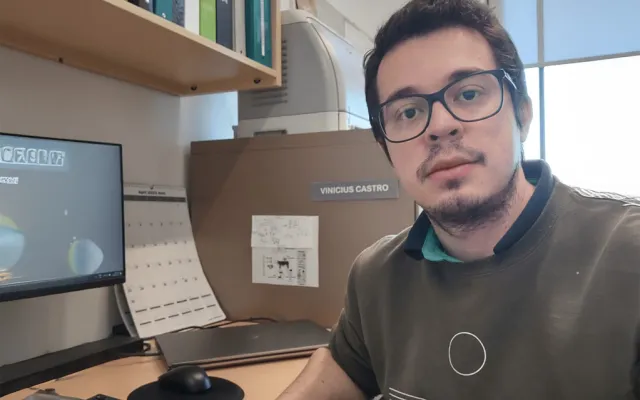
Dr. Vinicius Silva Castro
Dr. Castro is a Mitacs-BCRC-funded Postdoctoral Fellow under the supervision of Dr. Kim Stanford. His research focuses on foodborne pathogens across diverse food matrices. He is currently working an E.coli biofilm project that examines interspecies interactions and evaluates alternative approaches to prevent and control contamination, integrating conventional microbiological techniques with advanced bioinformatic analyses.
Research interests include: Food Microbiology and Bioinformatics.
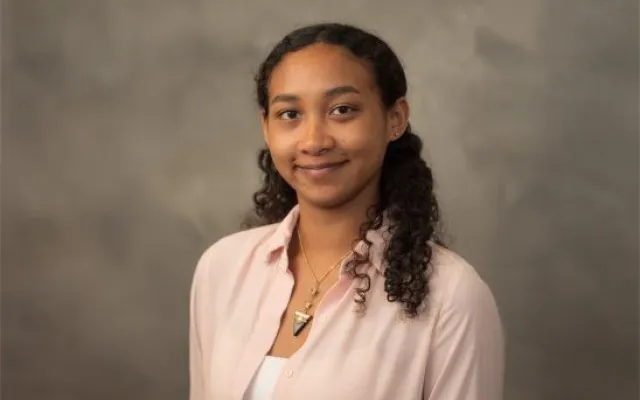
Dr. Qiana Hunt
Dr. Hunt is a Postdoctoral Fellow researching under the supervision of Dr. Alexandra Tetarenko in the Department of Physics and Astronomy at the University of Lethbridge.
Research interests include: high-energy astrophysics. Specifically, I do multi-wavelength analyses of X-ray binaries in the Milky Way and beyond
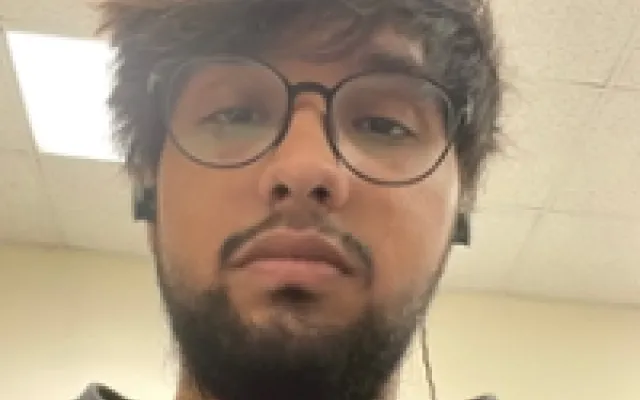
Dr. Parth Rathee
Earning his Ph.D. in Chemistry from the University of Miami, Parth is a Postdoctoral Fellow working with Dr. Stacey Wetmore. His research is focused on building quantum computational models of DNA-editing enzymes to identify prospective targets for gene therapy. In his spare time, Parth is an avid sci-fi reader, audiophile and photographer.
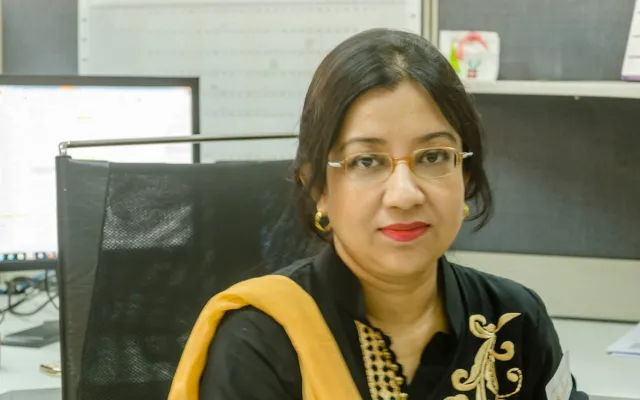
Dr. Kaniz Jannat
Kaniz Jannat is a Postdoctoral Research Fellow in the Faculty of Health Sciences. She is committed to advancing evidence-based approaches that improve child health outcomes globally. Her postdoctoral research focuses on supporting children and youth with ADHD through innovative nutritional interventions as part of the POINT study. She has over a decade of experience in global child health research, including randomized controlled trials and community-based interventions aimed at improving nutrition, growth, and developmental outcomes.
She is particularly passionate about the role of gut health in shaping overall well-being and is working to advance research on microbiome-focused nutritional strategies for mothers and children. Her broader interests include designing and evaluating interventions that promote children’s health and support better long-term developmental and health trajectories.
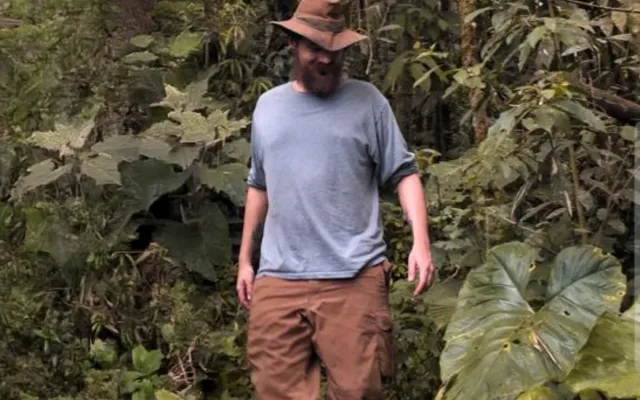
Dr. John White
Dr. John Robert White is a Postdoctoral Researcher at the Prentice Institute for Global Population and Economy whose work aims to fundamentally reconfigure biodiversity science through decolonial, biocultural data integration. He is developing “Ethnobiodiversity Informatics” as a paradigm-shifting framework for linking biological, cultural, linguistic, archaeological, and ecological datasets so that different disciplines and knowledge traditions can tag, annotate, and analyze data on their own terms. He is establishing an interdisciplinary, cross-cultural plant science and data lab that builds software, database add-ons, and shared reference collections (including phenology and diagnostic phytolith datasets for lesser-known crops and crop wild relatives) to enable interoperability analysis, expose cross-cultural and cross-disciplinary mismatches, and catalyze new research directions. Since 2010, he has worked closely with Kichwa communities in the Ecuadorian Amazon and is now extending this work through emerging collaborations with Blackfoot and other North American Indigenous groups to co-produce more just, usable, and future-oriented biocultural data infrastructures.
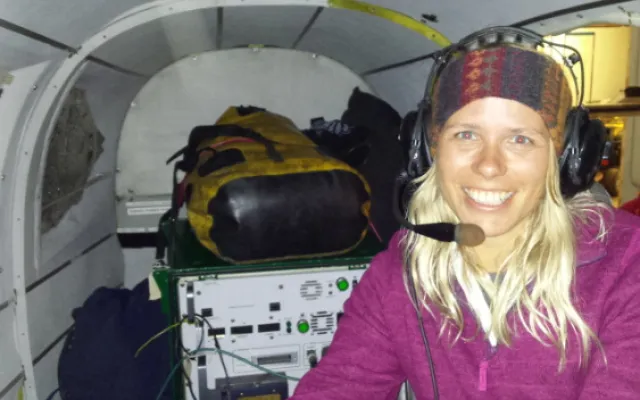
Dr. Linda Flade
Dr. Linda Flade is a Postdoctoral Research Fellow at the University of Lethbridge, where she uses field observations and three-dimensional airborne laser scanning (LiDAR) data fusion to track ecological change in the southern Taiga of western Canada. With a strong background in environmental science, remote sensing, and complex geospatial big data analysis, Dr. Flade’s research advances understanding of climate-change impacts, wildland fire dynamics, and permafrost thaw. Her work also supports improving carbon-accounting frameworks and informs wildland fire fuel-management practices that enhance the safety of remote northern communities.
In addition to her research, Dr. Flade is committed to strengthening mentorship and collaboration within the scientific community. She supported the peer-mentorship program at the University of Lethbridge during its early development, helping advance it to the next round of funding. She has also served on the organizing committees for the Canadian Symposium on Remote Sensing (Yellowknife 2023; Lethbridge 2025), planning student and early-career professional-development initiatives.
In her free time, Dr. Flade is currently developing a mentorship program for students and early-career scientists within the Canadian Remote Sensing community while also embracing life as a new mother.

Dr. Hannah Harrison
Dr. Hannah Harrison is a Postdoctoral Fellow in the Bogard Lab in the Department of Biological Sciences at the University of Lethbridge. Dr. Harrison is a physical limnologist, specializing in Arctic environments, with a background in hydrology, civil engineering, and ecosystem science. Dr. Harrison's doctoral work investigated the physical mixing processes and related greenhouse gas emissions of Arctic delta lakes. Current research focuses on the hydrology and metabolism of prairie pothole wetlands in Alberta across regional and latitudinal gradients.
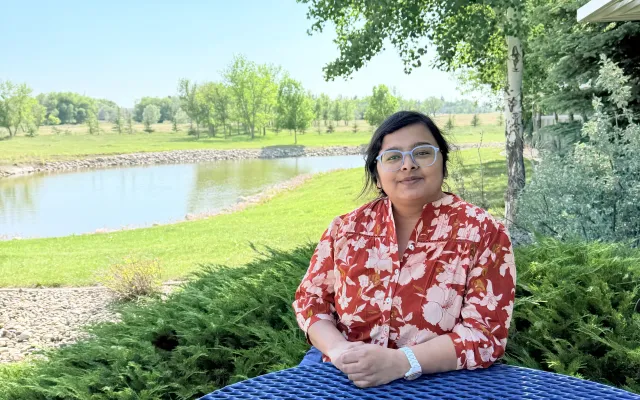
Dr. Kashifa Iqbal
Dr. Iqbal is a Postdoctoral Researcher working under Dr. Larry Flanagan in the Department of Biological Sciences at the University of Lethbridge. Her work investigates the photochemical formation of nitrous oxide (N₂O) in lake environments, with a particular focus on abiotic nitrite transformations driven by natural sunlight. She aims to unravel non-biological pathways responsible for N₂O production and evaluate their significance in lake nitrogen cycling, with broader implications for greenhouse gas emissions and global warming.
Research Interests include:
• Freshwater environmental chemistry
• Greenhouse gas dynamics and climate relevance
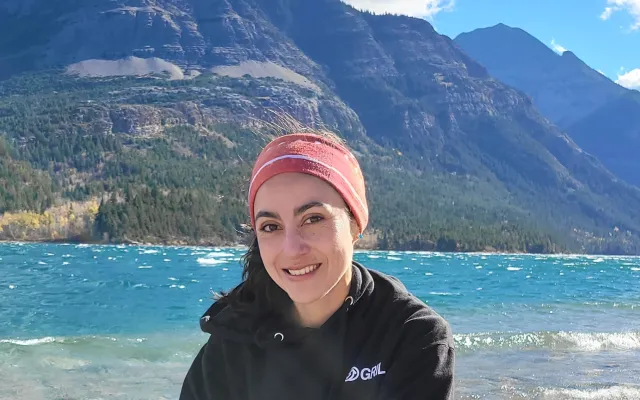
Dr. Paola Ayala-Borda
Dr. Paola Ayala-Borda is a Postdoctoral Fellow in the Bogard Lab in the Department of Biological Sciences. Her current research is focused on the limnological characteristics of mountain and prairie lakes and their relationship with lake metabolism, zooplankton, microbial communities, and biogeochemical cycles. With a background in environmental microbiology, ecology, and conservation, Paola completed her PhD in the aquatic ecology of Arctic lakes in Nunavut, where she examined how terrestrial–hydrological connectivity influences primary production, lake metabolism, and planktonic food webs.
Research interests include: Aquatic ecology, environmental microbiology, aquatic food webs, lake metabolism.
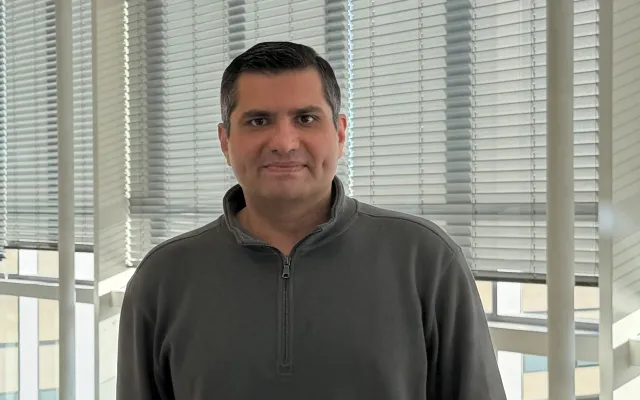
Dr. Saeed Mortezazadeh
Dr. Saeed Mortezazadeh is a Postdoctoral Fellow in Dr. Borries Demeler's lab, in the Department of Chemistry & Biochemistry. He is focused on developing new methods in analytical ultracentrifugation (AUC) and computational modeling to better understand and predict the behavior of biomolecular systems.
Research interests include: computational biophysics, finite element modeling, molecular simulation

Dr. Clément Mazeaud
Dr. Clément Mazeaud is a Postdoctoral Fellow in Dr. Trushar Patel’s lab in the Department of Chemistry & Biochemistry. During his PhD at the INRS Centre Armand-Frappier Santé et Biotechnologies, Dr. Mazeaud specialized in host–pathogen interactions, identifying new cellular factors involved in the replication cycle of Orthoflaviviruses. His current research focuses on the characterization of viral RNA sequences and the identification of host factors that interact with these sequences.
Research interests include: host–pathogen interactions, positive-sense RNA viruses, ribonucleoprotein complexes, RNA structure

Dr. Kari Gaalswyk
Dr. Kari Gaalswyk is an Alberta Innovates funded Postdoctoral Fellow in the Department of Chemistry and Biochemistry under the supervision of Dr. Stacey Wetmore. Her current research is focused on applying computational modeling approaches to study the effects of post-translational modifications on neurodegenerative disease-associated intrinsically disordered proteins.
Research interests include:
- Multi-scale modeling approaches
- Integrative structural biology
- Protein mutations and modifications
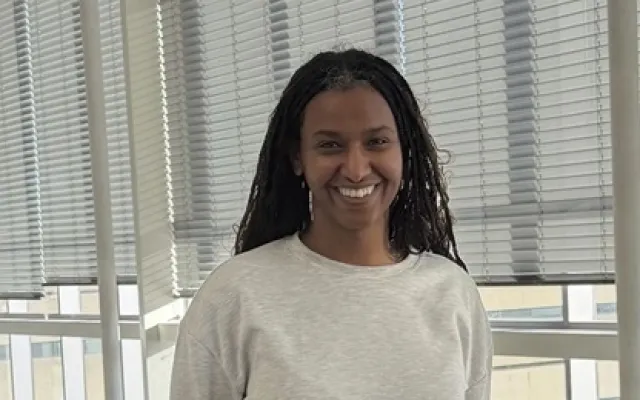
Dr. Haben Gabir
Dr. Haben Gabir is an Alberta Innovates funded Postdoctoral Fellow in the Department of Chemistry and Biochemistry under the supervision of Dr. Borries Demeler. Dr. Gabir is a biophysicist and structural biologist with a specialization in protein interactions. Her current postdoctoral research focuses on the development and validation of Analytical ultracentrifugation based methods for the study of emerging biologic; Adeno-associated vectors, Lipid Nanoparticles, monoclonal antibodies and extracellular vesicles. In her free time, Dr. Gabir volunteers with ULethbridge Postdoctoral Association to promote science communications and combat disinformation.

Dr. Gunjan
I am a Postdoctoral Fellow with Dr. Trushar Patel's Research Group in the Department of Chemistry and Biochemistry at the University of Lethbridge. I completed my PhD in Microbiology at CSIR-IMTECH, India, where I investigated the bioactive potential of complex microbial communities using sequence-based and functional metagenomics approaches. My postdoctoral research focuses on characterizing the structure of untranslated regions in viral RNAs to better understand their roles in viral replication, regulation, and pathogenesis.
Alongside my academic research, I have developed a strong interest in translational science and its capacity to generate real-world solutions. The University of Lethbridge has provided valuable opportunities to explore the translational potential of our work and engage in innovation-driven research. Notably, I founded a university-based start-up company, “BeeSafe Biotech Inc.” with my colleagues, Dr. Trushar Patel and Jenna Letain, focused on honeybee diagnostics, which has further inspired my interest in entrepreneurial science.
Degrees:
PhD in Microbiology
MSc Microbiology
Research Interests include: Genomics, metagenomics, metatranscriptomics, RNA structure biology, molecular biology-based diagnostic solutions, and environmental microbiology.
Languages: English, Hindi, Punjabi
Links: BeeSafe Biotech
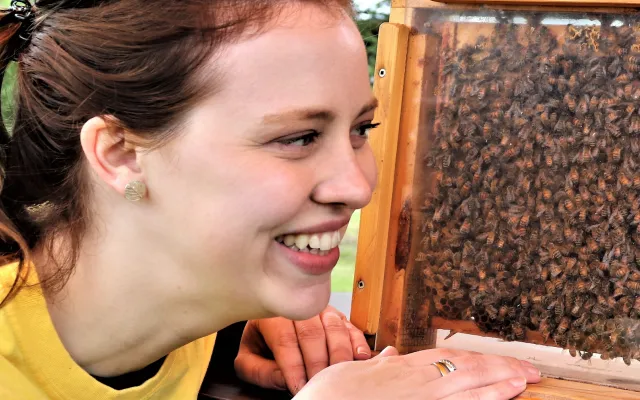
Dr. Courtney MacInnis
Dr. Courtney MacInnis is a Postdoctoral Fellow in the Department of Biological Sciences with Dr. Shelley Hoover. Her current project investigates the effects of a novel honey bee digestive tract parasite (Lotmaria passim) on the physiology and behaviour of a variety of honey bee stocks. The goal of this project is to identify stocks better adapted to L. passim, and to develop management recommendations for this parasite for beekeepers to improve honey bee health and help secure the food supply.
This project is funded by: Results Driven Agriculture Research (RDAR), Sustainable Canadian Agricultural Partnership (SCAP), Mitacs, University of Lethbridge, Alberta Beekeepers Commission, and Alberta Pollination Group.
Research interests include: Apidology, host-parasite interactions, animal behaviour, and insect pathology.
Found in Translation: Honey Bee Gut Parasites
Dr. Hossein Khalilian
After earning his MSc and PhD in Chemistry from the University of British Columbia (UBC), Dr. Hossein Khalilian joined Professor Stacey Wetmore’s laboratory in the Department of Chemistry & Biochemistry as a Postdoctoral Fellow. His research interests include using theoretical and computational approaches to understand free radical chemistry, metalloproteins, and electrostatic catalysis. His current research focuses on investigations of DNA/RNA modifying enzymes, as well as bacterial S-adenosylmethionine (SAM)–dependent enzymes, with the goal of understanding the molecular mechanisms underlying antibiotic resistance.
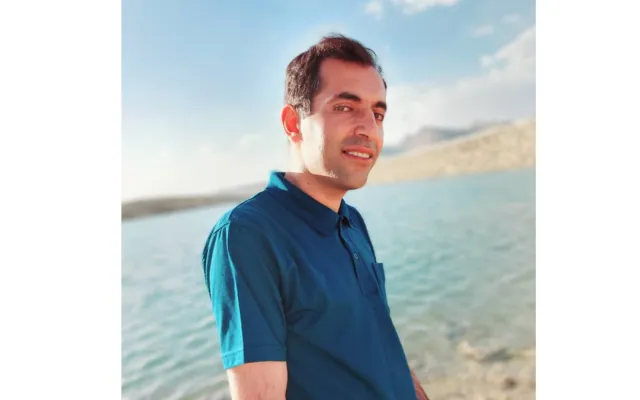
Dr. Sajad Fathi Hafshejani
Dr. Sajad Fathi Hafshejani is a postdoctoral researcher at the University of Lethbridge, in the Department of Mathematics and Computer Science. His current postdoctoral research focuses on Quantum Algorithms, Optimal Power Flow, Stochastic Gradient Descent, and Machine Learning Algorithms.
Research interests include: Machine Learning, Quantum Computing & Machine Learning, Optimal Power Flow, Non-Linear Optimization, Numerical Algorithms, Non-Negative Matrix Factorization, Interior Point Methods
